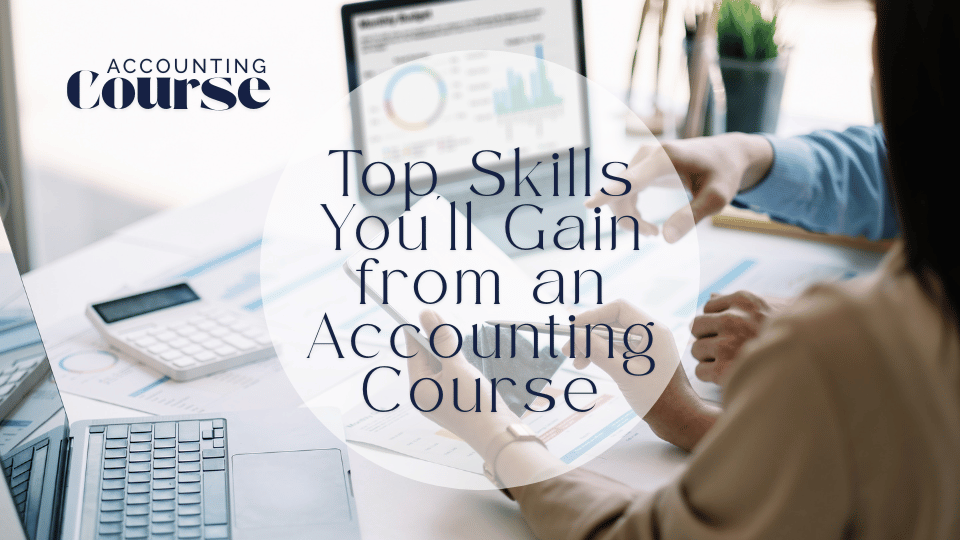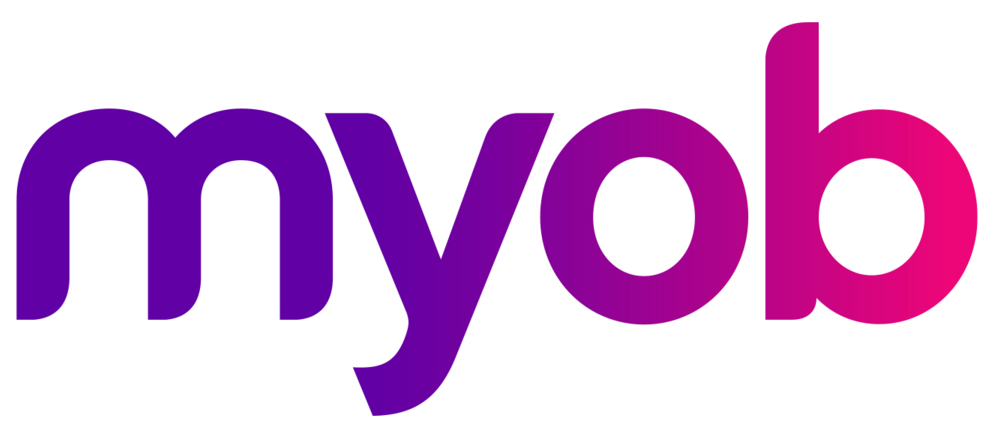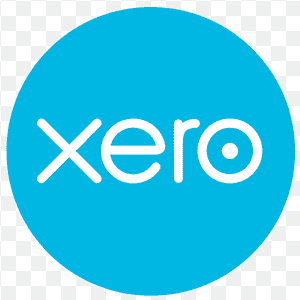

Thinking of starting an Accounting Course but not sure what you'll actually learn? Don’t worry—you’re about to gain more than just number-crunching skills. A quality course teaches you the practical, real-world tools that businesses rely on every day. From understanding financial reports to mastering budgeting, using top accounting software, and communicating with confidence, you'll build a well-rounded toolkit that prepares you for success. Whether you're new to the field or looking to upskill, these are the key abilities that will make you job-ready, future-focused, and fully equipped for today’s finance world.
If you're planning to take an Accounting Course, you're going to hear a lot about financial reports. And trust me, they’re not just boring documents filled with numbers—these reports are actually the beating heart of any business. Whether you're helping a small café or a global tech firm, financial reports tell the story of where the money’s going and why it matters.
Let’s break it down in a way that makes sense (and doesn’t make your head spin!).
Remember getting report cards in school? Financial reports work the same way—but for businesses. They show how well a company is doing, how much it’s earning, what it’s spending, and whether it’s running smoothly or heading for trouble.
In an Accounting Course, you’ll learn how to read, prepare, and interpret reports like the Profit & Loss Statement, Balance Sheet, and Cash Flow Statement. Each of these gives insights into different parts of a company’s financial health.
Understanding these reports will help you make sense of how a business operates beyond the surface. You’ll see the story behind every transaction and get a real feel for what’s working and what’s not.
It’s one thing to see a number like "$5,000 net profit"—it’s another to understand how the business got there. An Accounting Course helps you see the full picture. You’ll learn how to analyze financial data instead of just reading it.
You’ll start asking smarter questions like:
Once you know how to read between the lines, you’ll be able to give valuable input to business owners or managers who need more than just numbers—they need insights. And that’s exactly what financial reports give you the power to do.
Imagine you're running a small business, and you're not sure whether to buy new equipment or save for the next quarter. If you’ve studied financial reports in an Accounting Course, you’d be able to look at past expenses, forecast future income, and make a confident decision—not just a guess.
Good decisions are based on good data. And financial reports give you exactly that. By the time you finish your course, you’ll not only understand how to compile these reports—you’ll also use them to solve real-world problems.
Whether you're helping clients plan for tax time or advising on budget cuts, your skills will make you more than just a "numbers person"—you’ll be a trusted advisor.
Here’s a secret: most people are intimidated by financial reports not because they’re complicated, but because no one ever explained them in a simple way. That’s where your Accounting Course shines.
You’ll learn each part step by step with real examples, case studies, and even practice on accounting software like Xero and MYOB. The more you practice, the easier it gets—and suddenly you’re not just reading reports, you’re interpreting them like a pro.
And if you’ve ever thought, “I’m not a math's person,” don’t worry—understanding financial reports is more about logic than tricky calculations. You’ll be surprised how quickly it clicks once you get started.
Many small businesses don’t even know how to use their own reports—so when you walk in knowing what to look for, you instantly add value. You become someone who can find problems, spot opportunities, and explain the numbers in plain English.
By learning how to understand financial reports, you’re doing more than passing an Accounting Course—you’re building a skill that employers and clients truly appreciate.
In short? Financial reports aren’t just paperwork—they’re a powerful tool that helps businesses stay alive and thrive. And once you master them, you’ll see the world of finance in a whole new light.
So, when you take your first Accounting Course, don’t be nervous about the reports—get excited. You’re about to unlock one of the most practical, valuable skills in the entire business world.

Let’s be honest—budgeting and forecasting might sound like tasks only big companies worry about. But once you take an Accounting Course, you’ll realise these skills are useful for businesses of every size (and maybe even your own personal finances!).
Whether you're helping a local café, a corporate team, or your own freelance gig, smart budgeting and forecasting help you stay on track—and stay in business.
Think of budgeting as your GPS—it helps guide a business toward its financial destination, step by step. During your Accounting Course, you’ll learn how to create and manage detailed budgets that are more than just guesswork.
You’ll explore how businesses plan for income and expenses, allocate funds to different departments, and keep spending in check without stalling operations.
The best part? You don’t have to be a math genius. Budgeting is more about logic, discipline, and smart planning than it is about complex calculations.
Once you know the basics, you’ll be amazed how useful budgeting becomes in every business decision—from ordering supplies to launching new projects.
If budgeting is your GPS, forecasting is the weather app. It helps predict what’s likely to happen in the future, so businesses can plan ahead. And if the past few years have taught us anything—it’s that you really want to be ready for the unexpected.
Your Accounting Course will teach you how to use historical data, trends, and economic insights to forecast income and expenses.
For example, you’ll learn how to project sales based on past performance or anticipate seasonal dips in revenue. This allows businesses to adjust early and make smart moves before trouble hits.
Forecasting helps businesses set realistic goals, avoid cash flow problems, and spot growth opportunities with confidence.
You won’t just do this work on paper. Accounting today is powered by smart tools—and your course will introduce you to some of the best.
From Excel spreadsheets to popular accounting software like Xero or MYOB, you’ll learn how to plug in numbers, analyze trends, and present your forecasts with clarity.
You'll also explore scenarios like “What happens if our costs go up?” or “What if sales drop next quarter?” With the right tools, these “what-ifs” become manageable—not scary.
Once you know how to navigate these tools, budgeting and forecasting feel less like guesswork and more like a superpower.
Mastering budgeting and forecasting sets you apart as someone who doesn’t just track money—but actually plans for the future.
In any job where money is involved (and that’s pretty much all of them), being the person who can predict outcomes and manage spending is a huge advantage.
After your Accounting Course, you’ll walk into a room with the ability to plan ahead, avoid costly surprises, and help others make smarter financial choices.
You’ll become the calm, collected planner who sees the big picture—someone every business wants on their team.

If you're taking an Accounting Course, chances are you'll come across two popular names—Xero and MYOB. These aren't just buzzwords in the finance world; they’re your future best friends in accounting. Think of them as the digital toolkits that make managing money not just easier—but smarter.

Let’s be honest: trying to manage business finances on messy spreadsheets is like trying to use a flip phone in 2025.
In your Accounting Course, you’ll discover why cloud-based accounting software is the gold standard. With Xero and MYOB, you can automate invoicing, track income and expenses, generate real-time reports, and even calculate GST—without needing to be a tech wizard.
You’ll quickly realise that these tools help reduce human error, save time, and let you focus on what really matters: interpreting the numbers, not just entering them.
The best part about most modern accounting courses? You’re not just sitting through theory—you actually get to practice using Xero and MYOB.
You’ll be entering mock invoices, creating budgets, and simulating payroll runs as if you were already on the job. And since both tools are widely used by employers across Australia, you're gaining a skill set that makes your resume instantly more attractive.
So yes, by the end of the course, you’ll not only know what these tools do—you’ll know how to use them like a pro.
When you understand how to navigate software like Xero and MYOB confidently, you're no longer "just another grad with a certificate."
You become the person who helps businesses simplify their processes, stay compliant, and save money—all while working smarter, not harder.
And if you're planning to freelance or run your own small business? Even better. These tools are affordable, user-friendly, and designed to help you stay in control without needing a full finance team.
“Mastering accounting software is like learning to drive the car of your career—it’s how you move forward.”
In an Accounting Course, you’re not just learning principles and formulas—you’re gaining real, usable skills with software employers love.
By becoming confident in Xero and MYOB, you're giving yourself a serious edge in today’s finance job market.
So get ready to roll up your sleeves, log in, and get hands-on. These tools are your first step toward becoming the finance expert people can count on.
If you think accounting is all about crunching numbers alone in a quiet office, think again. In today’s finance world, communication and ethics matter just as much as spreadsheets and tax codes. And yes, your Accounting Course will absolutely teach you both.
You might be great with numbers, but can you explain them to someone who isn’t? That’s where communication comes in. In your Accounting Course, you'll learn how to break down financial data in a way that clients, team members, or business owners can actually understand.
Clear communication helps avoid confusion, builds trust, and keeps everyone on the same financial page. You’ll learn to write emails, present reports, and even participate in meetings without getting lost in technical jargon.
In short, you become the person who translates numbers into something useful—and that’s a real superpower in any finance workplace.
Finance and ethics go hand-in-hand—because when you’re handling other people’s money, honesty and responsibility are non-negotiable. A good Accounting Course will walk you through real-world ethical scenarios and the right way to respond.
You’ll explore topics like confidentiality, accuracy, conflict of interest, and what to do when someone asks you to “just tweak the numbers.” Spoiler alert: you say no.
Understanding workplace ethics isn’t just about following rules—it’s about building a professional reputation that people trust. And in the finance industry, trust is everything.
Even if you’re the type who prefers Excel to group projects, collaboration is still part of the job. Whether you’re working with a payroll team, reporting to management, or guiding clients, your communication style can make or break a task.
Your Accounting Course will help you practice how to listen, clarify, and provide helpful responses in professional settings. From customer service skills to internal teamwork, good communication keeps things running smoothly.